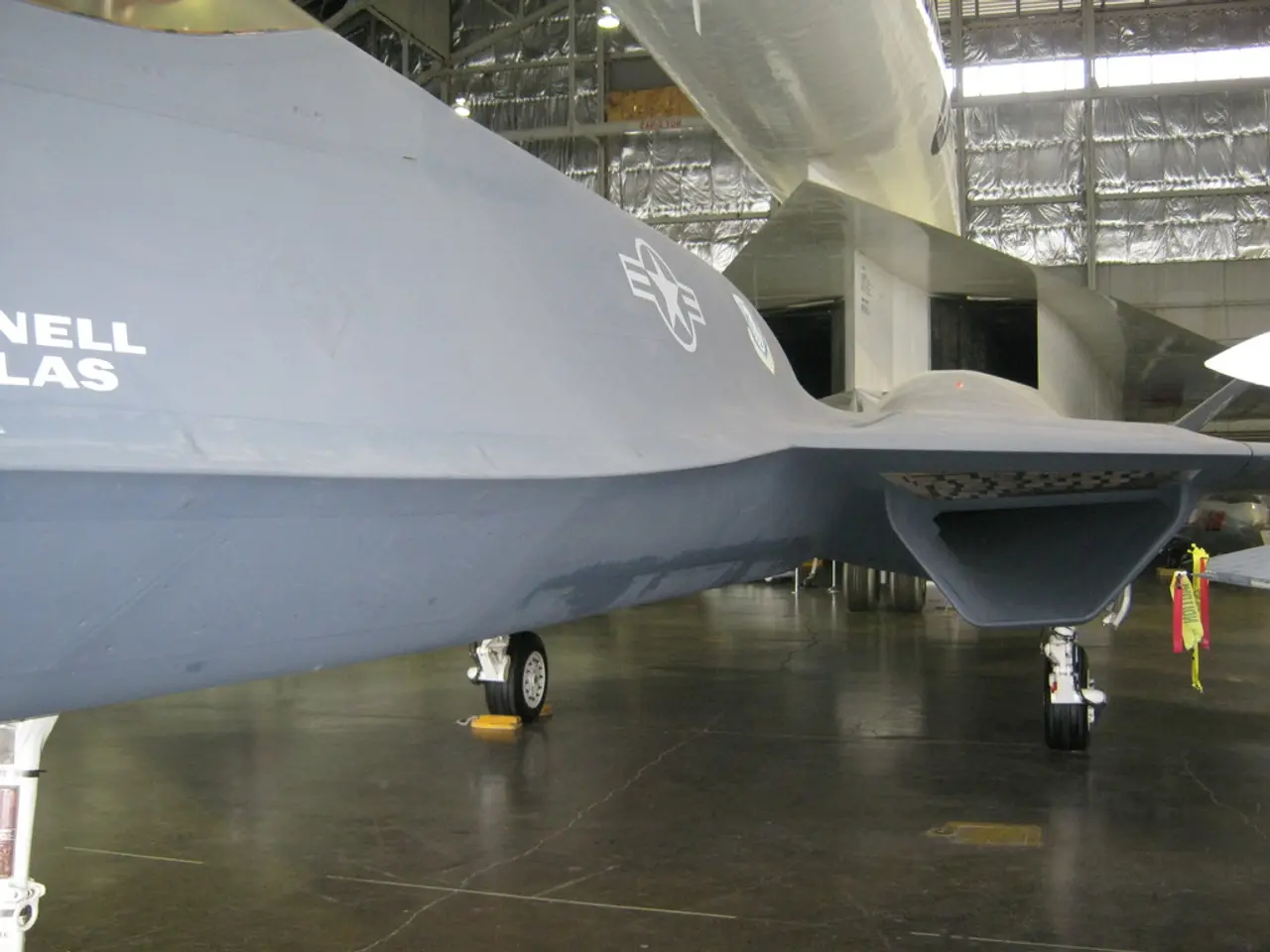CrowdStrike May Face Lawsuit From Delta Over IT Outage Causing Flight Disruptions, as Per Judge's Decision
Delta Air Lines Sues CrowdStrike Over Major IT Outage
Delta Air Lines is currently engaged in a legal battle with cybersecurity firm CrowdStrike, seeking over $500 million in damages for losses incurred due to a significant IT outage in July 2024. The lawsuit, filed in a Georgia state court, is ongoing, with recent rulings narrowing the scope of the claims [2][4].
The outage was triggered by a faulty software update to CrowdStrike’s Falcon platform, which disabled millions of devices worldwide, including critical airline and airport systems. This incident led to extensive flight delays and cancellations, causing thousands of travelers to incur additional expenses for meals, lodging, and alternative travel arrangements. The plaintiffs, including Delta, allege that CrowdStrike was negligent in failing to properly test and implement the update, resulting in one of the largest global IT outages in history [1][3].
Judge Kelly Lee Ellerbe of the Fulton County Superior Court has ruled that Delta can try to prove CrowdStrike’s gross negligence. This decision was based on Delta’s claim that CrowdStrike falsely promised not to add an "unauthorized back door" into the company’s computers [4].
In contrast, CrowdStrike’s lawyer, Michael Carlinsky, has denied any gross negligence and suggested that Delta address the "design and operational resiliency capabilities" of its IT structure [5].
U.S. District Judge Mark Cohen in Atlanta has also ruled that Delta must face a lawsuit from passengers who were refused full refunds for canceled flights in connection with the outage [6].
One reason that Delta was hit harder during the outage was its heavy reliance on its Atlanta hub. The July 2024 outage, affecting computers running on Microsoft Windows, caused widespread disruptions in the airline industry [1].
CrowdStrike has claimed that Georgia law specifically precludes Delta’s efforts to recover through tort claims the economic damages it claims to have suffered [7]. However, Judge Ellerbe has allowed Delta to pursue a computer trespass claim in response to this argument [4].
The outage is estimated to have cost U.S. Fortune 500 Companies $5.4 billion [8]. Shortly after the outage, CrowdStrike’s president, Michael Sentonas, attended the Pwnie Awards to accept his company’s win for Most Epic Fail [1].
In a somewhat controversial move, CrowdStrike sent out $10 apology gift cards for UberEats that didn’t even work shortly after the July 2024 IT outage [9]. Sentonas later admitted that CrowdStrike did something "horribly wrong" in connection with the outage [10].
As of late July 2025, no public details on further specific court filings or evidence beyond the complaint and judicial trimming are available. The case continues to unfold, with both parties presenting their arguments in the Georgia state court.
References:
- Delta Sues CrowdStrike Over July 2024 IT Outage
- Delta's IT Outage Lawsuit Against CrowdStrike Narrowed by Judge
- Delta Air Lines Sues CrowdStrike Over IT Outage
- Delta Wins Right to Pursue Computer Trespass Claim Against CrowdStrike
- CrowdStrike Lawyer Denies Gross Negligence in Delta Lawsuit
- Judge Rules Delta Must Face Lawsuit Over Refused Flight Refunds
- CrowdStrike Claims Georgia Law Prevents Delta's Economic Damages Recovery
- IT Outage Costs U.S. Fortune 500 Companies $5.4 Billion
- CrowdStrike's Apology Gift Cards for UberEats Didn't Work
- CrowdStrike President Admits Mistakes in Connection with IT Outage
- The disputed IT outage in July 2024, which affected millions of devices globally, including crucial airline and airport systems, was a significant event in the technology industry.
- The legal battle between Delta Air Lines and cybersecurity firm CrowdStrike, over the aforementioned outage, is centered on allegations of negligence and gross negligence in the testing and implementation of a software update.
- The tech industry and business world are following the ongoing lawsuit closely, as the outcome could have implications for tech companies' responsibilities in cybersecurity and the testing of software updates.
- As the business and finance sectors grapple with the increasing importance of cybersecurity, this lawsuit serves as a reminder of the potential consequences of inadequate security measures in the future.




